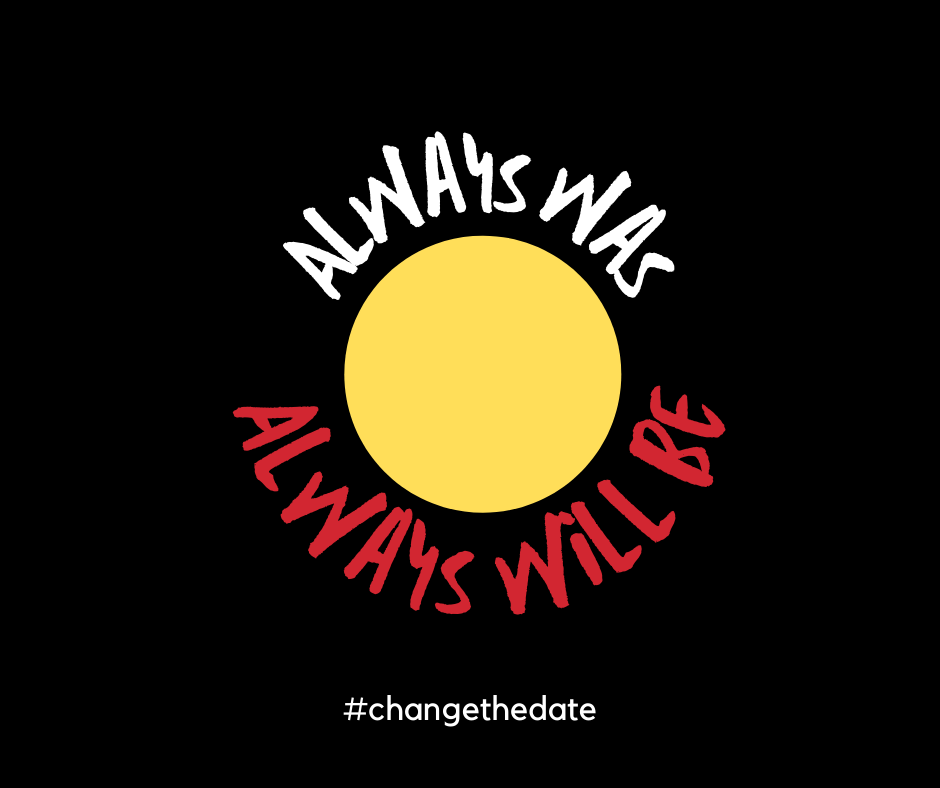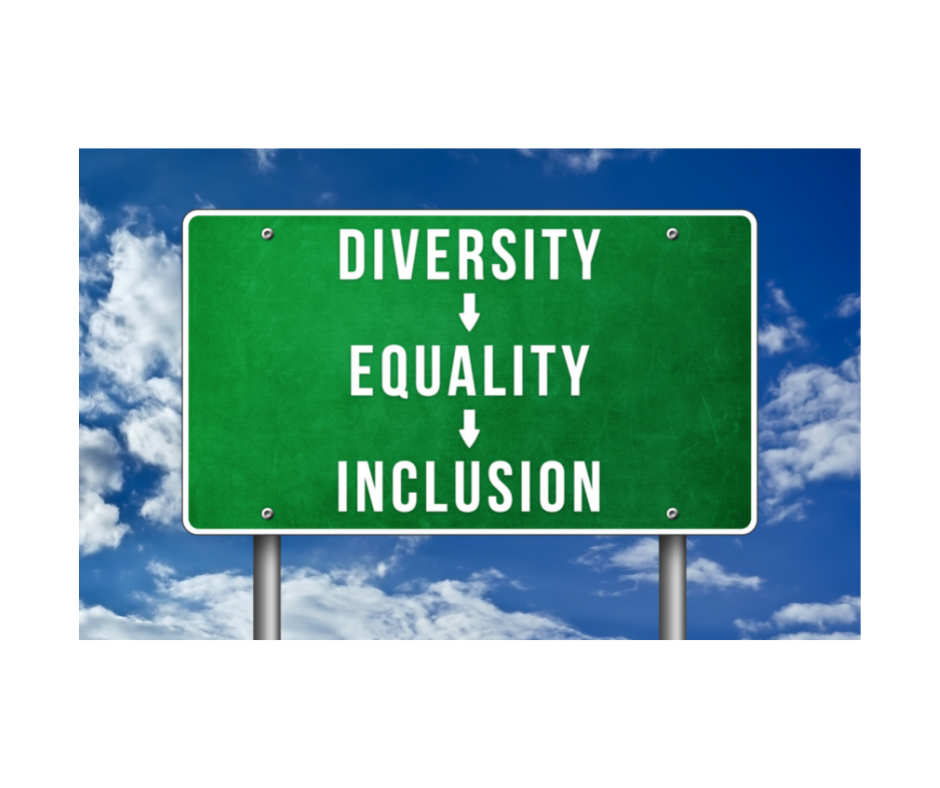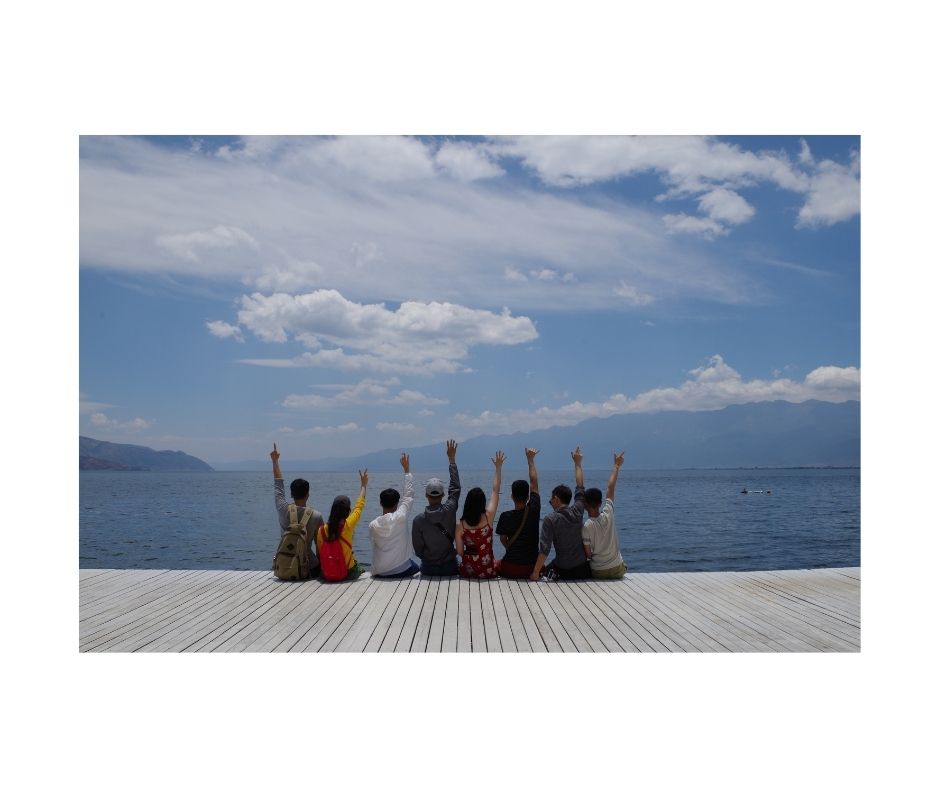Personally, when I think of the word ‘lazy’ I think of mess, disorganisation, tiredness and boredom. I recently read this article in Smith Journal about laziness and how laziness is something which should be valued. I agree with this. I am agreeing with the argument made that the constant need or feeling the need to be productive actually isn’t as important as it’s made out to be. We live in a period where there’s this glamourisation of ‘the daily grind’ and ‘the hustle’, where overworking is often viewed as the way to success and happiness. I would like to acknowledge that there is a slow shift to appreciating our mental health, slowing down, mindfulness and investing in relationships more. I do however still see the ever-present overworking riddled in so many spaces, and I don’t just mean at the office. Even as I’m writing this I am trying to hurry so I can get on with completing some standard life admin tasks.
I’m not talking about when we have important deadlines where there are serious consequences to not completing something and when things need to be completed in order to meet needs and get fed. What I am more referring to is the culture as a whole of valuing “productivity” over self-care. It really can be a challenge when people as individuals try to balance everything. It is good to want to pursue a career and do well in that career, and because the workforce is so competitive the expectation of how people have to work is by hustling and working themselves into the ground. What often gets sacrificed is personal wellness and the maintenance of our general sanity. Too often I hear about people needing to complete a Bachelor’s degree, whilst working part-time or casually in some café or store, volunteering and completing and internship at some point. This is pretty normal and sometimes considered the average amount of work. I remember struggling to stay afloat during my uni days and I was very privileged in terms of living at home and not needing to work full-time, on top of uni in order to stay alive. How much harder many people have to work if they do live out of home, are carers for other people or have children, or any other consuming responsibilities, is pretty unimaginable. What is the value of this? Is it really a greater output?
There is this guilt which lives inside a lot of people if they choose to do “nothing” on the weekend, perhaps watch some tv or alike. Many times I’ve heard people feeling pressure to give an exciting answer when asked what they have planned for their weekend, when lots want to enjoy their weekends genuinely relaxing. However the perception of doing “nothing” is concerning, not just from outsiders but also the self-perception of not doing enough. In reality many people have to work 9:00am-5:00pm Monday to Friday each week at a minimum so is it really so bad if on our weekends we actually slow down? Most of the time plenty of us have to get organised like meal planning, cleaning our homes, washing our clothes, cooking and/or exercising. Only after this, if we even manage to get these tasks done, do we have a chance to do nothing; often the pressure can kick in for us to do something. So it’s back to the good old grind.

















